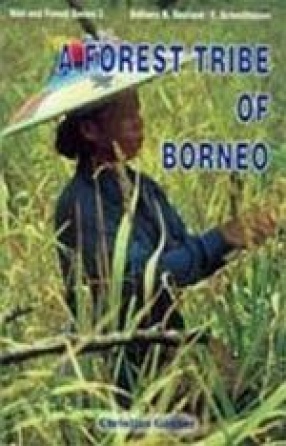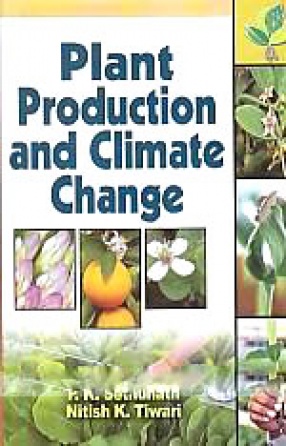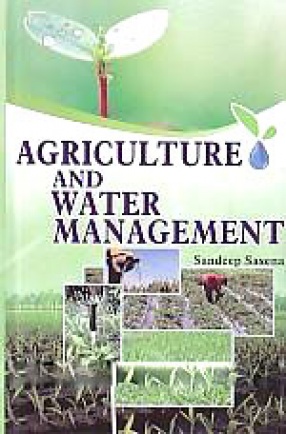Here is the third volume in the series Man and Forest: a series trying to highlight the relevance of ‘indigenous knowledge’ of various tribal communities in the sustainable management of forests/local resources against the growing challenges of environmental hazards and a declining resources base. The volume takes the reader to the Dayak Benuaq village of Lempunah in Borneo (East Kalimantan, Indonesia) where, for over three hundred years, the local tribal population has made extensive use of its forest resources. More than a hundred locally-differentiated rice varieties and 150 other crops are cultivated over a mosaic forest of 9,200 ha. Besides maintaining a high level of bio-diversity, Lempunah villagers are managing an enormous reservoir of flora and fauna for their extended subsistence economy, including trade with various forest products over long distances. Market fluctuations and other uncertainties here are coped with by resources diversification and a high dynamic flexibility in switching between the use of resources. Together with vivid descriptions, Christian Gonner offers an insightful analysis of local resources use patterns, covering swidden agriculture, mixed forest gardens, ratten gardens, rubber gardens, and the non-cultivated forest ‘in-between’ and temporal and spatial aspects of life in Lempunah. Christian Gonner has, for this study, applied ethonological, ecological, and geographical field-research methods.
A Forest Tribe of Borneo
In stock
Free & Quick Delivery Worldwide
Bibliographic information
Title
A Forest Tribe of Borneo
Author
Edition
1st ed.
Publisher
ISBN
8124601933
Length
xxvi+366p., Plates; Appendices; Glossary, Bibliography; Index; 23cm.
Subjects





There are no reviews yet.